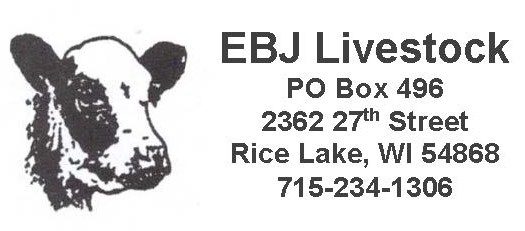The compromise over Supplemental Nutrition Assistance Program (SNAP) was the toughest element to negotiate over the past two years as farm bill discussions dragged into a presidential election and went a year beyond it. The bill now moves on to the Senate, where it should receive bipartisan support.
The bill also changes direct subsidy payments for producers – a longstanding target for critics. New reforms would require farmers to choose from crop insurance and risk coverage plans attached to market prices.
The new farm bill offers two major options for risk coverage, as a replacement for subsidies that reached $5 billion a year.
One new platform is called Agriculture Risk Coverage, a plan that pays early temporary assistance to producers when the market sees steady drops in prices. To receive payment, a producer would have to see prices dip 14 percent below the average from the previous five-year span.
The second option is called Price Loss Coverage, in which payments come later in a bad price year although with a more stable reimbursement amount.
House Speaker John Boehner, R-Ohio, said the bill warranted support for reaching new levels of reform for all the issues involved.
“While I hoped many of these reforms would go further, the status quo is simply unacceptable,” Boeher told Politico. “I have voted against the last two farm bills because, in my view, they made farm and food stamp policy worse rather than better. This legislation, however, is worthy of the House’s support.”
The food stamp cuts will total $9 billion over a 10-year stretch. Republicans originally wanted $40 billion in cuts, and Democrats argued for $4 billion.
Beef industry groups joined poultry and pork industries in expressing disapproval with the bill, because it ignored their efforts to end mandatory Country of Original Labeling (COOL) laws.
The National Cattlemen’s Beef Association and American Meat Institute withdrew support for the bill compromise because of the COOL issue, and also because Congress refused to include language that would prevent tougher regulations from USDA’s Grain Inspection, Packers and Stockyards Administration.
COOL regulations require packers to label meat by where it was born, raised and processed, which producer groups say is an unnecessary hindrance to production and a significant trade barrier, given the opposition from the World Trade Organization, Mexico and Canada.
The bill also includes disaster relief funds for crop and livestock losses. That became a key demand from ag groups when aid was delayed after severe storms in South Dakota last October.
But Scott George, NCBA president, said in a statement that by failing to address COOL issues, Congress created economic harm “to our producers and caused prejudice against our largest trading partners. This program was created without the consent of producers and has been a failure by every measure. …”
“This farm bill is foundationally flawed and the livestock sector is standing shoulder-to-shoulder in opposition of a farm bill that will only serve to cause greater harm to rural America.”
Also dropped from the bill was an amendment that would have prohibited states from setting mandatory production laws. The provision targeted states such as California that passed rules in 2008 requiring cage-free hens. Groups lobbying to strike the provision included the Humane Society of the U.S. ![]()








